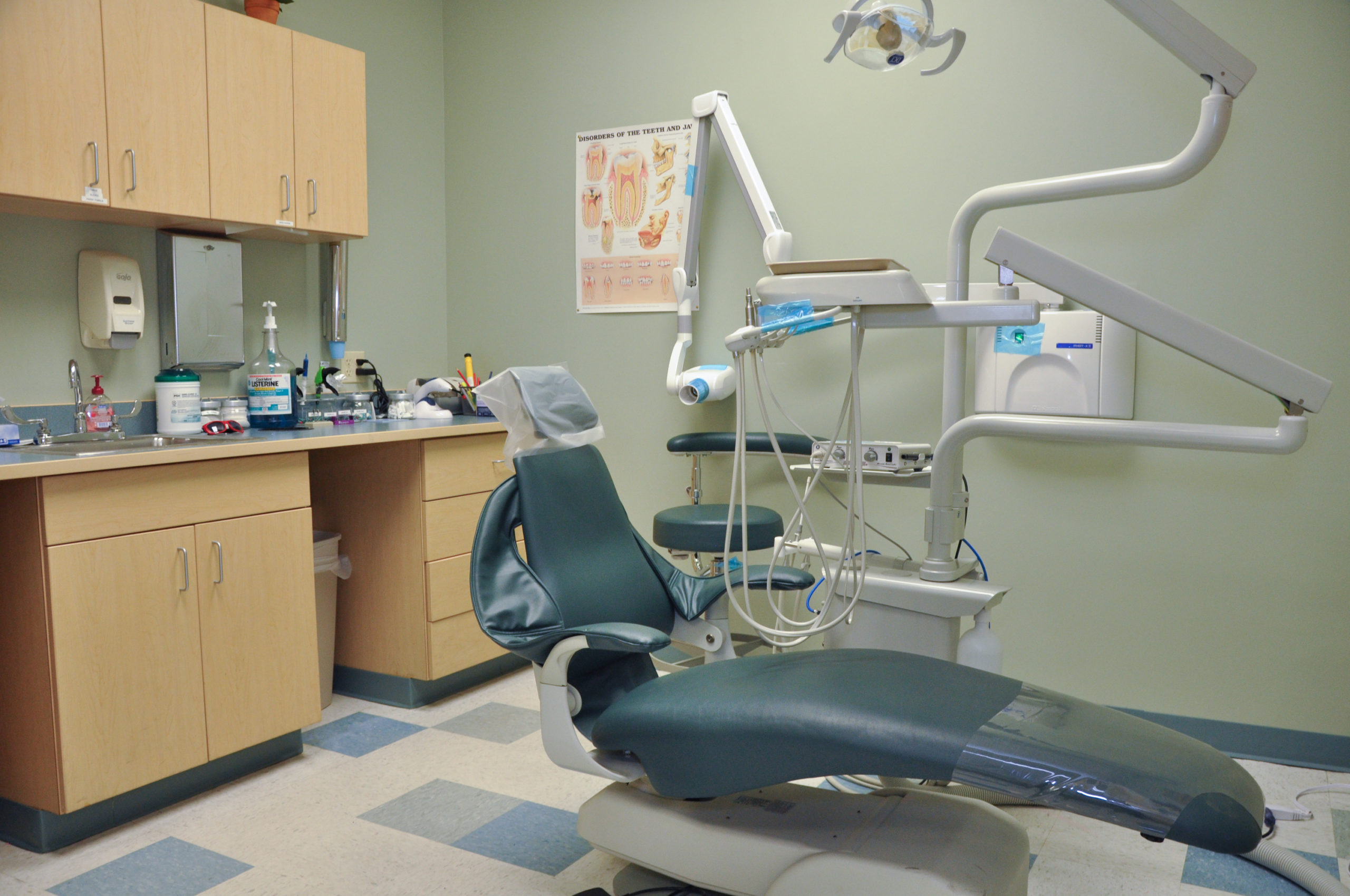An Overview to Common Dental Conditions That Need a Dental practitioner's Care
Understanding the series of dental conditions that require expert care is extremely important for keeping ideal oral wellness. Toothaches, as an example, can be symptomatic of extreme concerns such as tooth cavities, broken teeth, or abscesses, each needing specific treatments like dental fillings or origin canals. Periodontal condition, from the onset of gingivitis to a lot more serious periodontitis, underscores the significance of regular oral examinations and cleanings. Moreover, influenced knowledge teeth and jaw disorders can present considerable discomfort and difficulties. Ensuring timely visits to the dental professional can mitigate these concerns efficiently, yet just what are the treatments and indications entailed?
Toothaches
Toothaches are a common dental problem that can vary from moderate discomfort to extreme discomfort, often showing an underlying problem that needs expert interest. This pain can come from a variety of sources, including tooth decays, split or fractured teeth, and oral abscesses. Each of these conditions positions substantial risks if left untreated, possibly leading to more extreme complications.
Dental dental caries, also known as cavities, are caused by the build-up of plaque that deteriorates tooth enamel, leading to openings or pits in the affected teeth. Abscesses are uncomfortable infections at the root of a tooth or in between the periodontal and a tooth, typically resulting from serious decay or without treatment dental caries.
Effective therapy of toothaches includes resolving the origin cause. This might consist of fillings for cavities, crowns for cracked teeth, or origin canals and prescription antibiotics for abscesses. Early intervention by an oral expert can avoid further deterioration and relieve discomfort, ensuring optimal oral health.
Gum Tissue Disease

The key source of periodontal disease is microbial plaque, a sticky, anemic film that constantly creates on teeth. Poor oral hygiene, smoking cigarettes, hereditary tendency, and particular clinical conditions, such as diabetes mellitus, can worsen the risk of establishing gum condition. Routine oral examinations are important for early discovery and monitoring of this problem.
Treatment for gum illness varies from professional dental cleansing and scaling to advanced procedures like origin planing and periodontal surgery, depending on the extent. Preserving good dental health practices, consisting of cleaning twice daily, flossing, and using an antibacterial mouth wash, can considerably minimize the risk of periodontal condition and promote much healthier periodontals.
Dental Caries
Tooth cavities, additionally called dental cavities, are a typical oral condition defined by the devastation of tooth enamel due to acid-producing germs in the mouth. These microorganisms thrive on sugars and starches from food and beverages, creating acids that slowly deteriorate the enamel, resulting in tooth cavity development.
Early-stage dental caries may disappoint signs, however as they proceed, they can cause toothache, sensitivity to chilly or warm, noticeable openings or pits in the teeth, and staining. If left unattended, dental caries can penetrate deeper layers of the tooth, possibly causing severe discomfort, infection, and also tooth loss.
Avoiding dental caries entails a mix of excellent dental health methods and nutritional habits. Regular cleaning with fluoride tooth paste, flossing, and routine oral exams are crucial. Dental experts may also recommend additional precautionary procedures, such as fluoride treatments and dental sealants, to secure teeth from degeneration.
Minor cavities can be resolved with dental fillings, which recover the tooth's framework. Much more innovative situations may call for crowns or even origin canal therapy if the degeneration has use this link gotten to the tooth's pulp.
Impacted Wisdom Pearly Whites
Affected knowledge teeth are a common dental problem that occurs when the third molars, commonly referred to as wisdom teeth, fail to fully emerge or align properly within the mouth. This problem commonly arises from not enough area in the jaw or an abnormal development angle of the teeth. Impacted knowledge teeth can lead to a range of complications, consisting of discomfort, damages, and infection to adjacent teeth.
When wisdom teeth come to be impacted, they are commonly partly erupted or stay totally below the periodontal line. This partial eruption can develop a path for bacteria to go into the periodontals, bring about infections that manifest as swelling, pain, and also high temperature (dentists eugene). Additionally, impacted wisdom teeth can put in stress on bordering teeth, possibly causing crowding or shifting
An extensive dental exam, generally including X-rays, is necessary for detecting influenced knowledge teeth. Treatment frequently includes medical removal, done by an oral surgeon. The treatment intends to relieve discomfort and avoid more difficulties, such as cysts or damages to surrounding bone structures. Post-operative treatment is advice crucial to guarantee proper healing and lessen the danger of infection. Regular dental examinations are a good idea to keep track of the problem and preserve oral health and wellness.
Jaw Disorders
Verdict

Dental dental caries, additionally understood as caries, are caused by the accumulation of plaque that deteriorates tooth enamel, leading to openings or pits in the affected teeth. Abscesses are painful infections at the root of a tooth or between the gum and a tooth, commonly resulting from extreme decay or without treatment dental caries.
Affected knowledge teeth are a widespread oral issue that happens when the third molars, generally referred to as knowledge teeth, fall short to completely arise or line up effectively within the mouth. Affected wisdom teeth can lead to a selection of complications, including infection, damages, and pain to nearby teeth.
Additionally, influenced wisdom teeth can apply stress on neighboring teeth, possibly causing crowding or moving.